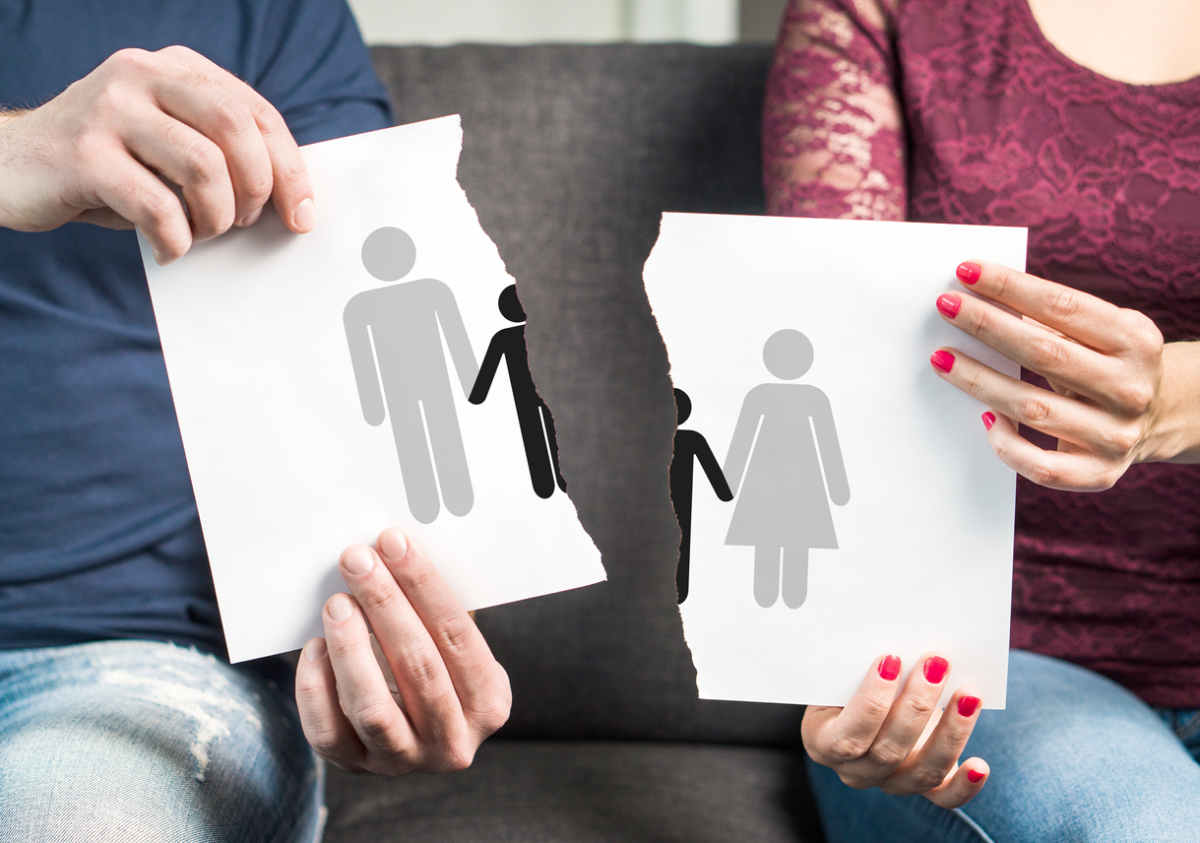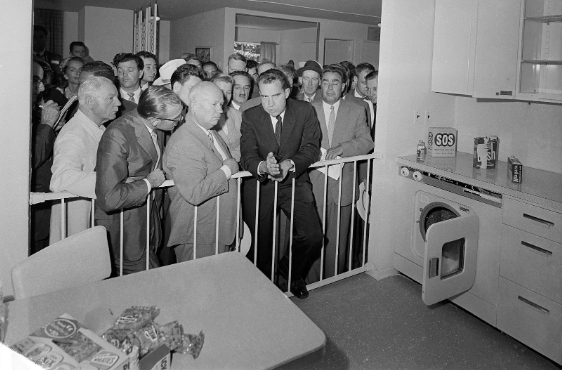Divorce can affect teens in many ways. It could be because the parents become depressed and sad for a period of time, or the fact that they have to be living at two different homes and live with their parents at different times and days. Divorce can affect teens emotionally due to new family dynamics and a lot of other big changes in the family.
Studies have shown that when a divorce happens, it brings children traumatic grief and hardship. Often younger kids refuse to communicate and are irritable and extremely rude.
A Santa Fe High student who wishes to remain anonymous shared their experience about their parent’s divorce: “My parents didn’t tell me. I just started to notice my dad was slowly fading away from the house and family events, and when I asked them I felt numb and didn’t really want to talk to them. I felt as if I just needed to be alone to comprehend everything.”
When a divorce happens around teen years, teenagers may develop undesirable habits because the role the parents need to play is supervision, which helps teens through imitation and interactions. Divorce nowadays may also have gender disturbance due to a misplaced gender role identification and lack of social adaptation.
Another student who wishes to remain anonymous said, “I did start to do some reckless things because I lived with my dad for a while and he stopped caring and was in a very depressing place and I felt alone, so I did reckless things that sometimes got my dad’s attention.”
According to the nonprofit organization FamilyMeans, divorces can also affect students’ academic learning because teens and children try to understand the changing dynamics and it may leave them distracted and confused. It affects their academic performance, especially if they once had good grades.
“It was very hard in school for me personally because I couldn’t get my mind off of the divorce,” a student said. “My grades started to slowly drop.”
Those students who were already distracted at school are most likely not able to stay focused on their school work, especially if the parents aren’t giving their child the attention they need. Many teens will be careless about doing well in school, shut down mentally, and be less positively engaged in school.
However, one student said, “I kept my grades up in school and let whatever happened at home stay at home. I didn’t want to get bad grades for something that my parents decided wasn’t going to work out for them. I was just thinking about what I wanted to do in life, and I didn’t want it to go downhill just because of my parents’ divorce.”
Teens can go through loss of interest in social activities because they may have a hard time relating to others, which could cause a decrease in social skills and contacts. Children and teens sometimes may even feel a little insecure and wonder if their family is the only family going through the same situation.
One student said, “I didn’t tell anyone at school because I felt embarrassed because all my friends’ parents are still together and mine aren’t, so I just kept it to myself so I wouldn’t get judged. When it came to socializing with others, I found it hard because some kids would ask what my parents do for a living and I didn’t want them to find out that my parents were divorced, so I don’t really interact with other people besides my friends.”
However, another said, “I didn’t have a hard time socializing with people because I had a lot of friends that were there for me and it was easy for me to talk to people.”
It can also be hard for teens to adjust to their parents’ new roles in the family.
One student said, “I had my mom as a role model, but I didn’t live with her for a while so she wasn’t there when I made mistakes and bad decisions. My dad didn’t really care what I did.”
Another said, “I had both of my parents as role models, except their ways were different from showing me right and wrong, so I kind of just felt like I was my own role model at times.”













